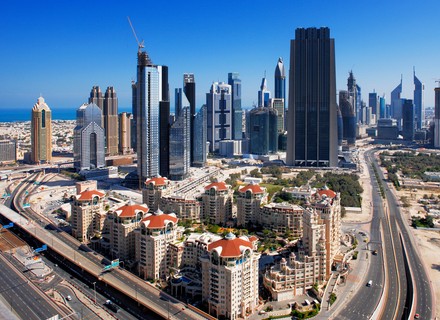The Middle Eastern property market has been buoyant despite the pandemic as more than hundred branded residences opened this year, marking the surge in demand for the property segment in the region.
The growth of such types of schemes surged from 11 percent in 2010 to 16 percent this year, outpacing hoteliers. The report is produced by Savills, a real estate consultancy major. The reports indicated that 11 non-hotelier brands are expected to foray into the market by 2025. However, hotel brands will continue to remain significant in the hospitality segment as it accounts for 84 percent of schemes.
The Ritz-Carlton and St. Regis is the dominant player in the sector, Furthermore, Miami ranks first in the list with 32 branded residential schemes, in terms of geography. Cities such as New York and Dubai have 29 schemes and 25 schemes.
It is reported that branded residential projects are expected to mark their first entry into countries such as Nigeria, Paraguay and Iceland over the next four years.
Richard Paul, head of professional services for the Middle East at Savills, told the media, “When it comes to price, branded residences achieve a premium, on average, of 31 percent over equivalent non-branded properties, although this figure can vary significantly by location. If we look at Dubai, it is forecast to become the largest city based on pipeline schemes, with a notable increase from Dubai-based master developer Emaar.”
The global property market has been volatile since the outbreak of the pandemic. However, the demand has increased in some economies.


